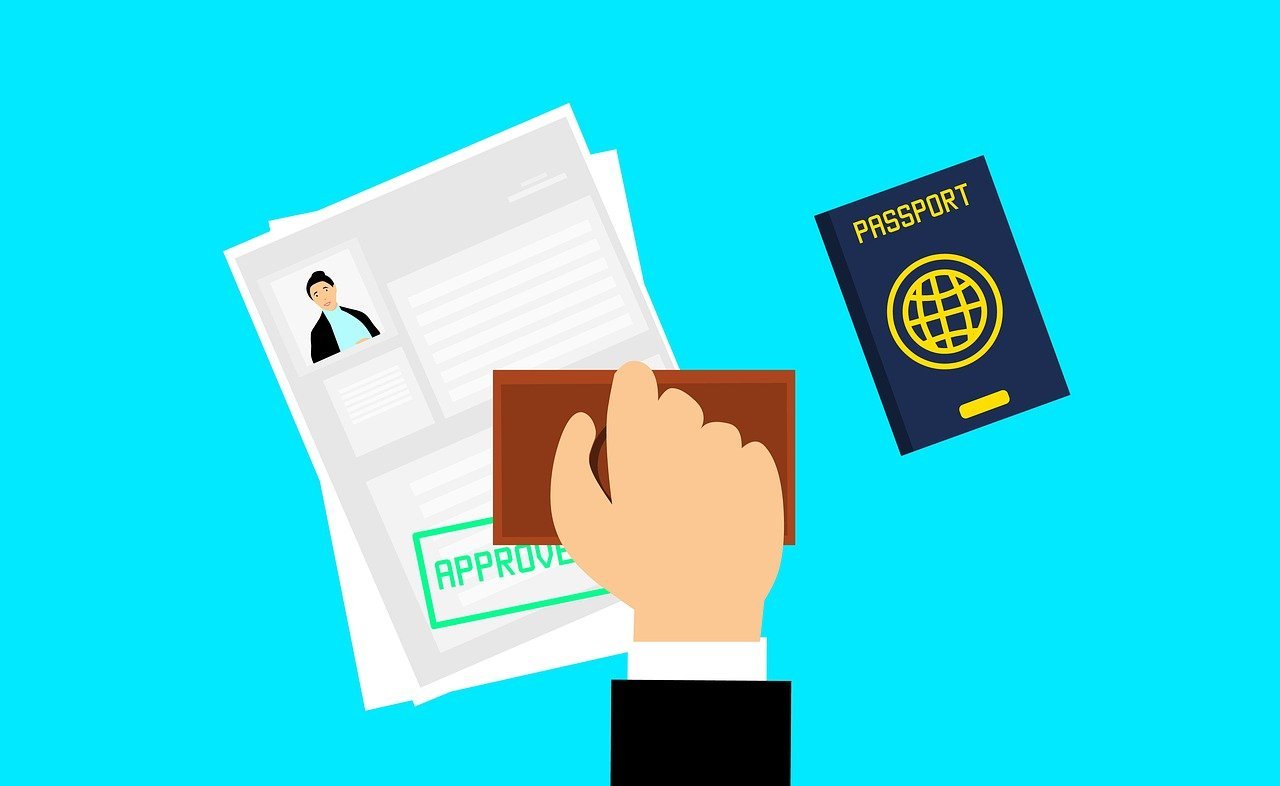1. Legal Assistance Through Reputable Citizenship Lawyers
Navigating the immigration system can be daunting, particularly as laws and requirements often change. Working with a reputable citizenship lawyer provides expert legal guidance tailored to your unique circumstances.
These legal professionals assist with:
- Filing naturalization applications (Form N-400).
- Preparing for U.S. citizenship tests and interviews.
- Defending against deportation or removal proceedings when necessary.
A responsible immigration attorney ensures every detail of your application is accurately completed, improving approval chances and reducing delays.
2. Immigration Support Organizations
Nonprofit and community organizations dedicated to helping immigrants can be invaluable. They often provide free or low-cost services, from visa applications to legal guidance. Key services include:
- Free consultations on green card and visa options.
- Citizenship preparation workshops, including test practice.
- Resources to find affordable language classes and integration programs.
Organizations like U.S. Citizenship and Immigration Services (USCIS) partners and community centers operate nationwide so individuals from all backgrounds receive the support they need.
3. Online Tools for Immigration Case Tracking
Many reputable digital tools make handling and monitoring immigration cases easier. Platforms like the USCIS Online Case Status tool allow applicants to:
- Track the current stage of their petition or application.
- Get real-time updates on expected approval dates.
- Ensure immediate action if additional documentation is requested.
Simple usability means less stress while staying informed every step of the way.
4. Language and Cultural Integration Services
Becoming a naturalized U.S. citizen is about legal compliance and adapting culturally. Services catering to language acquisition, U.S. history, and civics knowledge offer immigrants better preparation for the naturalization interview. Resources include:
- Online English as a Second Language (ESL) courses.
- Access to free citizenship exam simulation apps.
- Study guides written in multiple languages for easy access.
These services ensure individuals have the confidence and knowledge to transition successfully into their new communities.
Community organizations and local libraries also play a pivotal role in supporting immigrants. Many host workshops, conversation groups, and mock interview sessions to help individuals practice their language skills and gain familiarity with the naturalization process. Additionally, these spaces often provide a welcoming environment where immigrants can connect with others who share similar experiences, fostering a sense of belonging. By combining these resources with accessible services, communities create a comprehensive support network that empowers newcomers to thrive.
READ ALSO: Moving After Graduation: Tips for Students Making Their First Big Move











